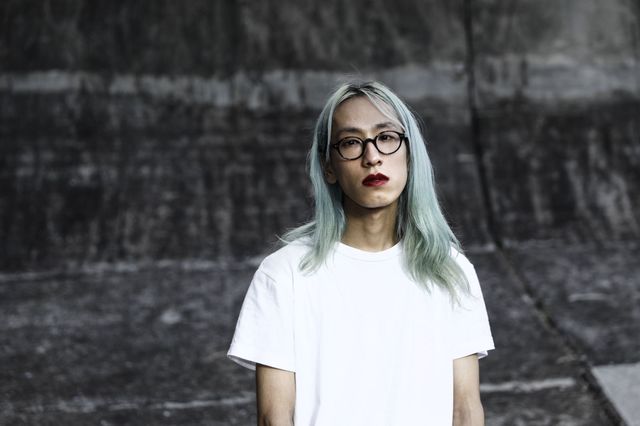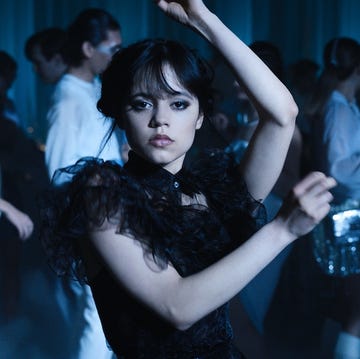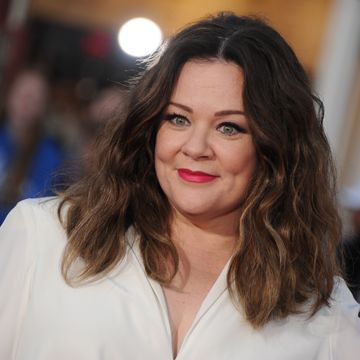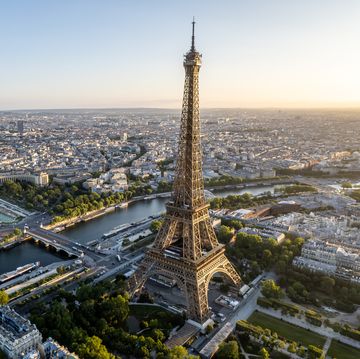There has been a significant amount of scaremongering in the mainstream press surrounding trans people recently. And it's something that various trans public figures like Charlie Craggs and Paris Lees have been pointing out.
In our interview with writer and activist Craggs, she told us that, although we can give platform to whatever rhetoric we want, we should be careful of the opinion we put out there,
It's a free country, but I just need these journalists, editors, producers and so on to know that if they do, they have blood on their hands, literally. From the increasing number of trans murders globally, to the rising number of trans hate crimes here in the UK, to the 48 per cent of trans people that attempt suicide in their lifetimes. You are the reason why.
Similarly, Lees is on a (hopefully not) one woman mission to point out that conversations surrounding whether trans people should use certain loos, do certain jobs, access certain drugs, are really conversations about whether trans people should be free to exist in the way they choose.
Lees, a journalist and model, and ELLE UK contributor, uses her Twitter and writing to (depressingly) remind us that trans people and children exist, undoubtedly, so cis people and society at-large can either accept them, and let them flourish, or stymie them, doing unknowable damage.
Lees also points out the innate goodness in most people, generously suggesting that a lot of people's transphobia stems from ignorance and fear, stoked by various media.
Media representation and a lot of people's upbringing (heck, most people's) has normalised binary and absolute views of gender for an extremely long time, and those ingrained lessons can be challenging to unlearn.
However there's another gender theory that stormed many of our consciousness, (usually around the time of second year uni), that of Judith Butler's 'Gender Trouble'.
Butler, in a nutshell, argues that gender is performative and that no-one is born with an innate gender.
As you can probably imagine, people have being using a vague version of Butler's theory - that gender is a construct - to argue against trans people's very existence, and more than that, their freedom to present themselves as the gender they want to present themselves.
Gender is a confusing mess of things. Do we look to biologists, doctors or theorists for the answer?
Conversations around the performative nature of gender and what that means are most certainly interesting to have and, as Lees states, are conversations about the social constructs of money, clothes, language and art.
What we do know is, however, that in 2017, trans people do exist. So the only debate, really, is whether we treat trans people as equal humans, worthy of respect and love, or not. We say the former.
Daisy Murray is the Digital Fashion Editor at ELLE UK, spotlighting emerging designers, sustainable shopping, and celebrity style. Since joining in 2016 as an editorial intern, Daisy has run the gamut of fashion journalism - interviewing Molly Goddard backstage at London Fashion Week, investigating the power of androgynous dressing and celebrating the joys of vintage shopping.













